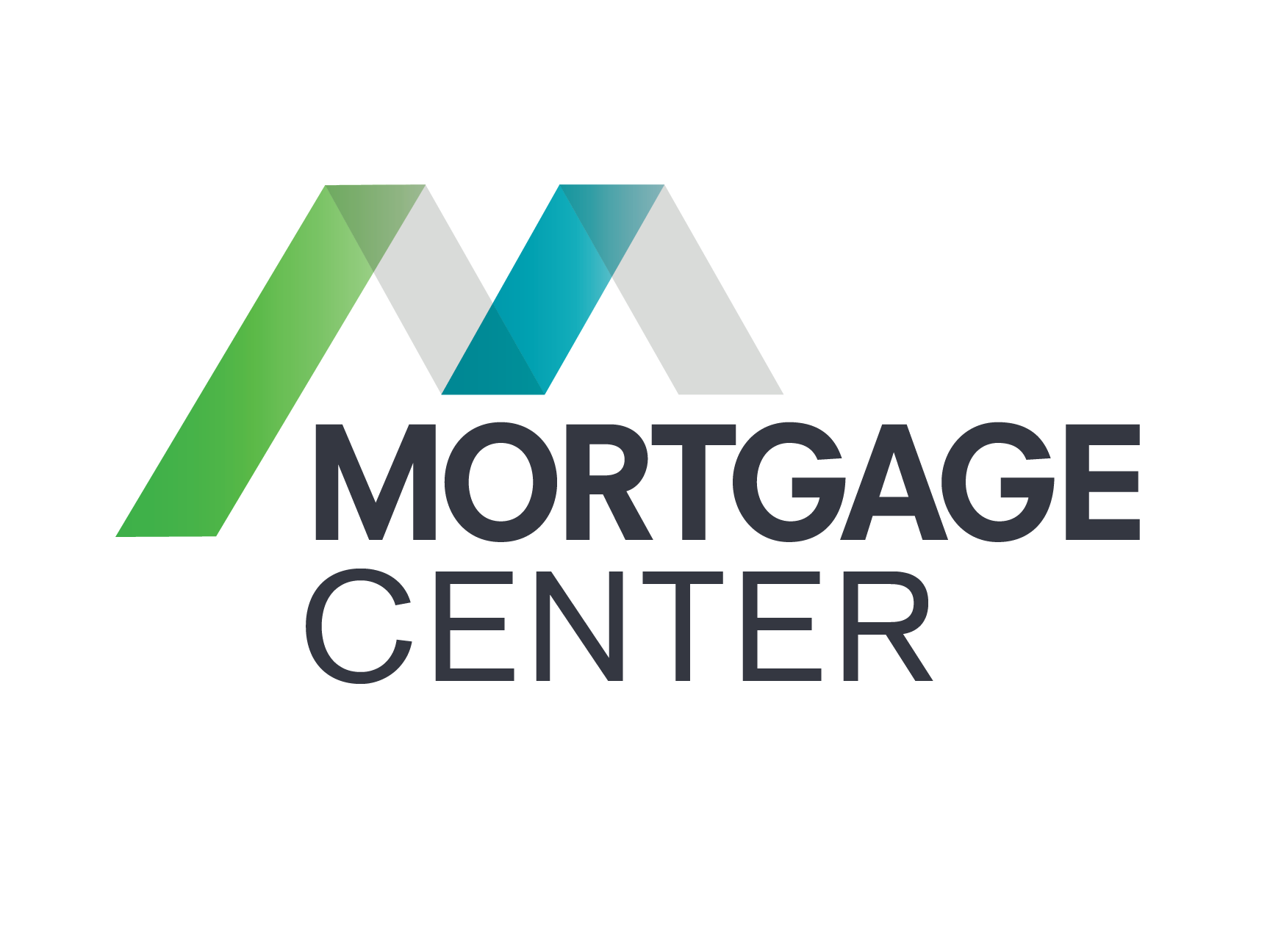What You Should Know Before Buying A Vacation Home
Thinking about buying a vacation home? Vacation homes are a great way to give yourself an easy escape when you need a change of scenery. However, they are still homes. It’s important to consider all the factors that go into it before you pull the trigger. Check out our tips below to make sure you’re vacation home ready!

Unanticipated Costs
Before you get serious about buying a vacation home, you should consider the costs that go into it. There are the obvious ones like utilities, your mortgage payment, and general maintenance costs. Then there are some less obvious ones.
Here’s a short list of extra costs you may forget about before buying:
- Insurance: The city you’re looking to buy in may require or recommend insurance that your current city does not. If you’re looking in Florida, for example, hurricane insurance is something you need to think about.
- Security system: Since the house will remain mostly unoccupied, you may want a security system to protect the home and your belongings while you’re away.
- Transportation: Depending on how far your vacation home is, you may want to factor airfare or gas prices into your budget.
- Furnishings: The home you buy will probably not come furnished. Make sure you’re able to afford beds, couches, tables, televisions, and whatever other furniture you’ll need.
- Landscaping and upkeep costs: You can’t always be around to mow the lawn or rake the leaves. Budget for having someone to upkeep the home, especially if your primary home is far away.
- Cleaning services: Just like landscaping, your house should stay clean before you come and after you leave. If you don’t want to spend your first and last day of vacation cleaning, finding someone else to do it is a must.
How will you be using the property?
Before you put any money down, it’s important that you know how you intend to use the property. Will you and your family be the only ones visiting? Or would you like to rent it out? These questions matter since there are laws in place that could limit how you use your new home.
- If you purchase the house as a second home, you can use the home whenever you want. However, it cannot be rented out.
- If you are buying the home as an investment property, you can rent it out and use it when it’s not being rented. However, you may find you want to use the home at the same time renters do.
Lastly, some areas have laws in place that will limit how you rent out your vacation home. These can change by county, city, and even neighborhood; so it’s important to understand them. To make sure you don’t get hit with any heavy fines, talk with your real estate agent before choosing to rent.
Location, location, location
Like any home, the location is important. Since you’ll be visiting it a lot, its location should fit your needs. Of course, you want to be close to fun attractions like beaches, downtown areas, or parks. However, grocery stores, restaurants, and convenience stores are just as important.
Another thing to consider is the vacation property’s proximity to your current home. You need to be comfortable making the trip back and forth frequently. A 4-5 hour drive may seem easy at first, but could become tiresome as time goes on. Although it’s a vacation home, you will most likely need to visit it on occasion for non-vacation purposes. For example, if you need someone to come out and install a new water heater, consider these factors before settling on your ideal location.
Mortgage Center has been working with credit unions, their members, and home loan borrowers since 1990 with the goal of growing the credit union community. They have over 100 experienced home loan experts who are guided by the core values of the company. Mortgage Center is completely owned by credit unions which means their rates and closing costs remain competitively low, keeping more cash in members’ pockets while generating revenue for the credit union community. Start a mortgage application with us today!
« Return to "Financial Resources & Blog"


